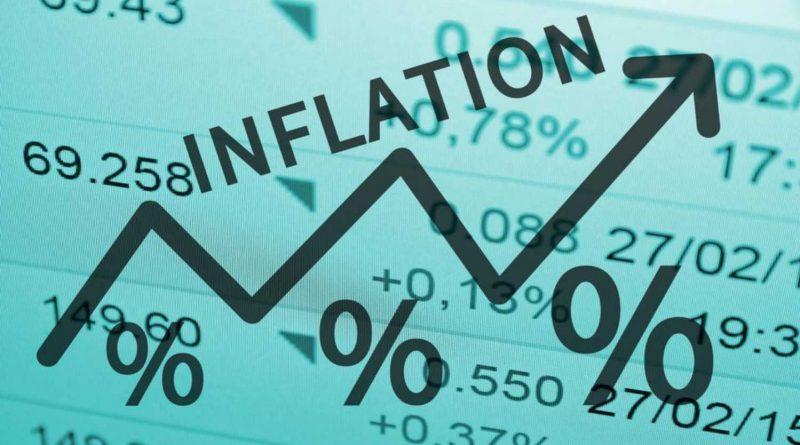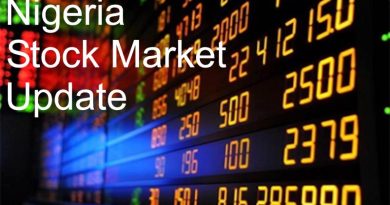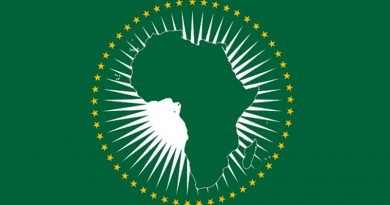Inflation in Nigeria hits over 24 percent in the month of July
Nigeria’s inflation rate increased by 1.29% points in July 2023 to 24.08%, up from 22.79% the previous month. This is according to the latest Inflation and Consumer Price Index report from the National Bureau of Statistics (NBS). The significant impact of the elimination of petroleum subsidies and the consolidation of the official currency rate, which influenced the price of gasoline, transportation, and the general pricing of goods and services in the Nigerian economy, can be ascribed to the rise in inflation.
When the inflation statistics is broken down by component, Food and Non-Alcoholic Beverages contribute the most (12.47%), followed by Housing, Water, Electricity, Gas & Fuel (4.03%). Clothing & Footwear contributes 1.74%, Transportation 1.57%, Furnishings & Household Equipment & Maintenance 1.21%, Education 0.95%, Health 0.72%, Miscellaneous Goods & Services 0.40%, Restaurant & Hotels 0.29%, Alcoholic Beverage, Tobacco & Kola 0.26%, Recreation & Culture 0.17%, and Communication 0.16%. Rising prices mean that household purchasing power is steadily decreasing, implying that the country is experiencing increased hardship.
Without quick government aid, this adversity may exacerbate other socioeconomic risks, such as increased crime, insecurity, and violence. As a result, the government must reconsider these policies and implement suitable mitigation measures.
Reviving the country’s refineries has never been more important than now, with import subsidies withdrawn and the transportation system improved. This can be accomplished by providing reasonable and efficient alternatives to driving in order to reduce the policy’s influence on price levels and general living circumstances.



